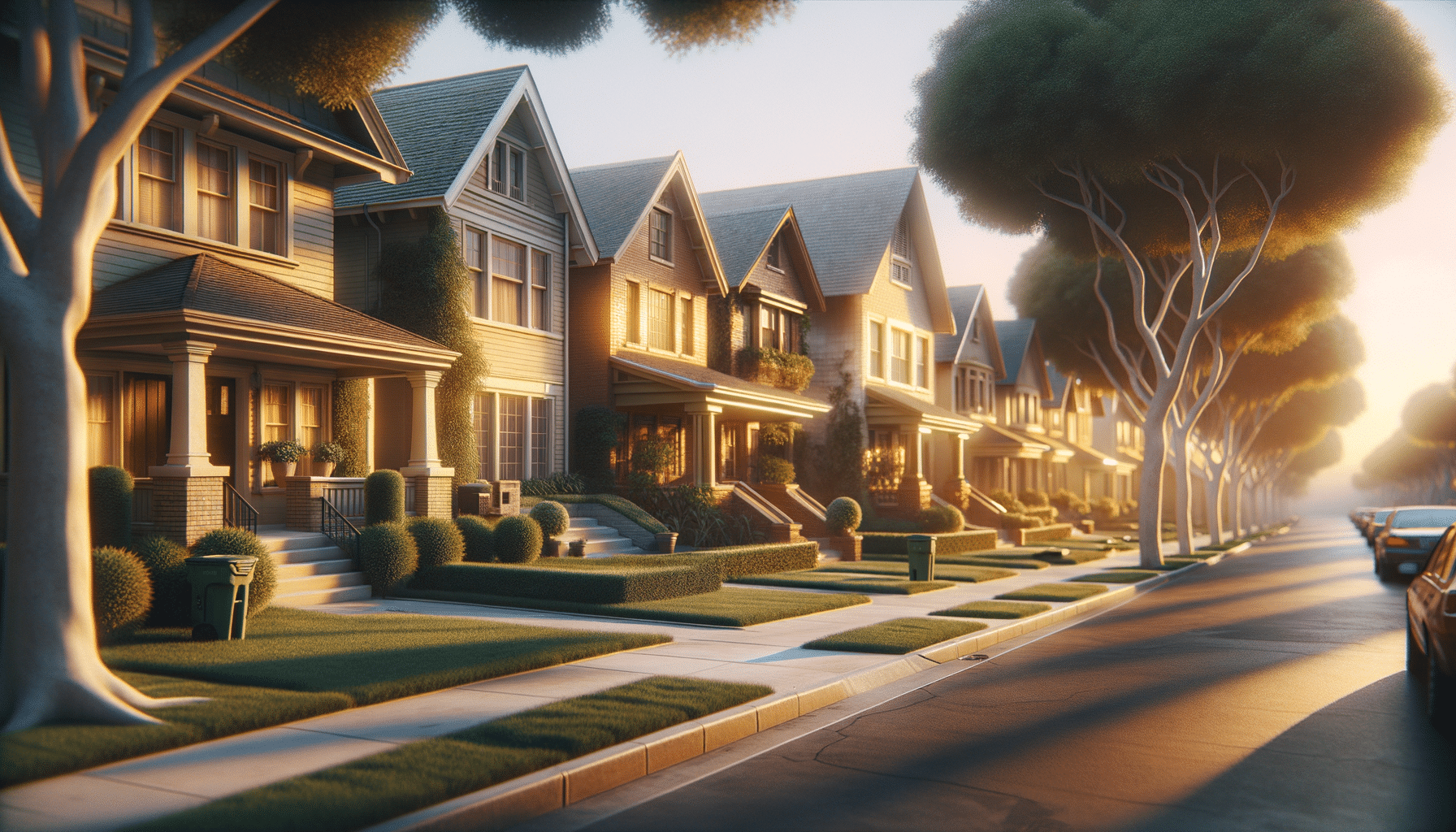
Discovering the Art of French Pastry Making
Imagine walking into a quaint Parisian bakery, where the air is filled with the sweet aroma of freshly baked pastries. The art of French pastry making is a timeless craft that has captured the hearts of food lovers around the world.
French pastry making is a delicate balance of technique, precision, and creativity. From the iconic croissant to the delicate macaron, each pastry tells a story of tradition and innovation. According to renowned pastry chef Dominique Ansel, ‘The key to mastering French pastries lies in understanding the science behind each ingredient and technique.’
The Science Behind the Sweetness
French pastries are known for their light, flaky textures and rich flavors. This is achieved through meticulous attention to detail in the baking process. For instance, the perfect puff pastry requires multiple layers of dough and butter, folded meticulously to create the desired flakiness.
Statistics on French Pastry Popularity
Did you know that the global bakery products market was valued at over $400 billion in recent years? This includes a significant contribution from French pastries, which have become increasingly popular worldwide.
Personal Journey into French Pastry Making
One enthusiast, Emma, shares her experience of learning French pastry making at a culinary school in Paris. She recalls her initial struggles with perfecting the macaron’s notoriously tricky shell, but with patience and practice, she achieved the desired result. ‘It’s all about patience and precision,’ she says.
Actionable Tips for Aspiring Pastry Chefs
- Invest in quality ingredients – the freshness and quality of your ingredients make a significant difference.
- Practice makes perfect – don’t be discouraged by initial failures; learning from mistakes is part of the process.
- Take a class or workshop – hands-on experience with an expert can dramatically improve your skills.
Understanding Key Pastry Techniques
| Technique | Description |
|---|---|
| Lamination | Folding dough and butter to create layers. |
| Tempering | Heating chocolate to stabilize it for making chocolates and decorations. |
| Piping | Using a bag and nozzle to shape doughs and creams. |
| Proofing | Allowing dough to rise before baking. |
| Docking | Pricking dough to prevent it from bubbling during baking. |
| Folding | Gently incorporating ingredients to maintain airiness. |
| Blind Baking | Baking a crust without filling to ensure crispness. |
| Caramelizing | Heating sugar until it liquifies and turns golden brown. |
Frequently Asked Questions
What is the most challenging French pastry to make?
The macaron is often considered one of the most challenging pastries due to its delicate nature and precise technique required.
How can I improve my pastry skills?
Practice consistently and consider taking professional classes or workshops with experienced pastry chefs.
Are there any easy French pastries for beginners?
Yes, starting with simpler recipes like madeleines or éclairs can help build confidence and skill.
Conclusion
Exploring the art of French pastry making is a rewarding journey that combines tradition, skill, and creativity. Whether you’re a budding chef or a passionate foodie, embracing the techniques and flavors of French pastries can elevate your culinary repertoire. So, roll up your sleeves, gather your ingredients, and start your own pastry adventure today!


